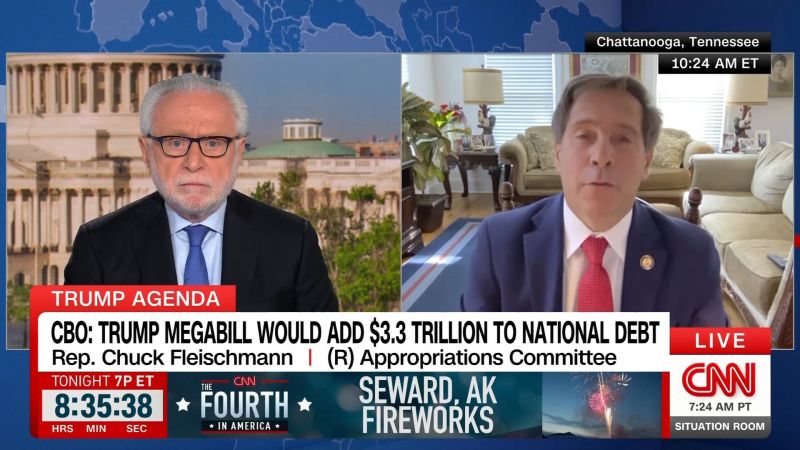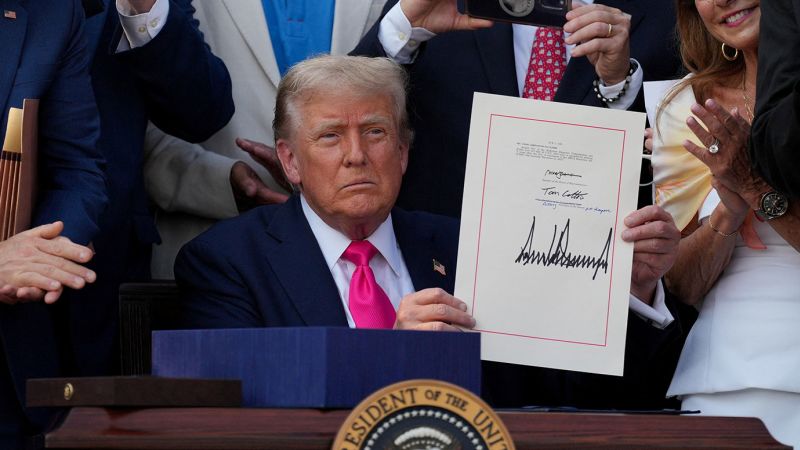Charter School Teachers Stand by Their Choices and Agreements

A recent letter to the editor from Mick Kilburn raised concerns about the working conditions of teachers in charter schools. The letter, published on November 6, suggested that dissatisfaction among these educators is common. In response, some charter school advocates argue that teachers understand the terms of their employment and enter into agreements willingly.
Teachers at charter schools typically enter into their positions with full knowledge of the conditions associated with their roles. They voluntarily agree to their salaries and sign non-disclosure agreements that prevent them from discussing pay details. Additionally, these educators often agree not to unionize, a choice that some view as essential to the charter school model.
Critics of charter schools, such as Kilburn, may assume that the absence of union representation leads to dissatisfaction among teachers. However, defenders of charter schools argue that the choice to sign these agreements is made with integrity. They contend that teachers who later express discontent regarding their salaries or seek union support are contradicting their initial commitments.
The debate surrounding charter schools often reflects broader discussions about educational reform and teacher rights. Proponents assert that charter schools provide valuable flexibility and innovation within the educational landscape, while opponents highlight concerns about job security and working conditions.
As the conversation continues, it remains essential to recognize the choices made by educators in these environments. The decision to work at a charter school involves a clear understanding of the associated agreements, including salary negotiations and the implications of opting out of unionization.
Ultimately, the discourse surrounding charter schools will likely persist as stakeholders from various sides continue to voice their perspectives. The conversation is not merely about salaries but encompasses broader issues of educational philosophy, teacher autonomy, and the evolving landscape of schooling.






